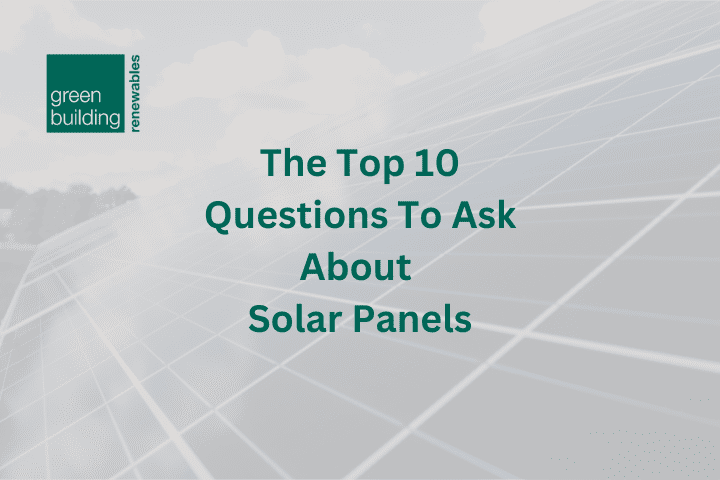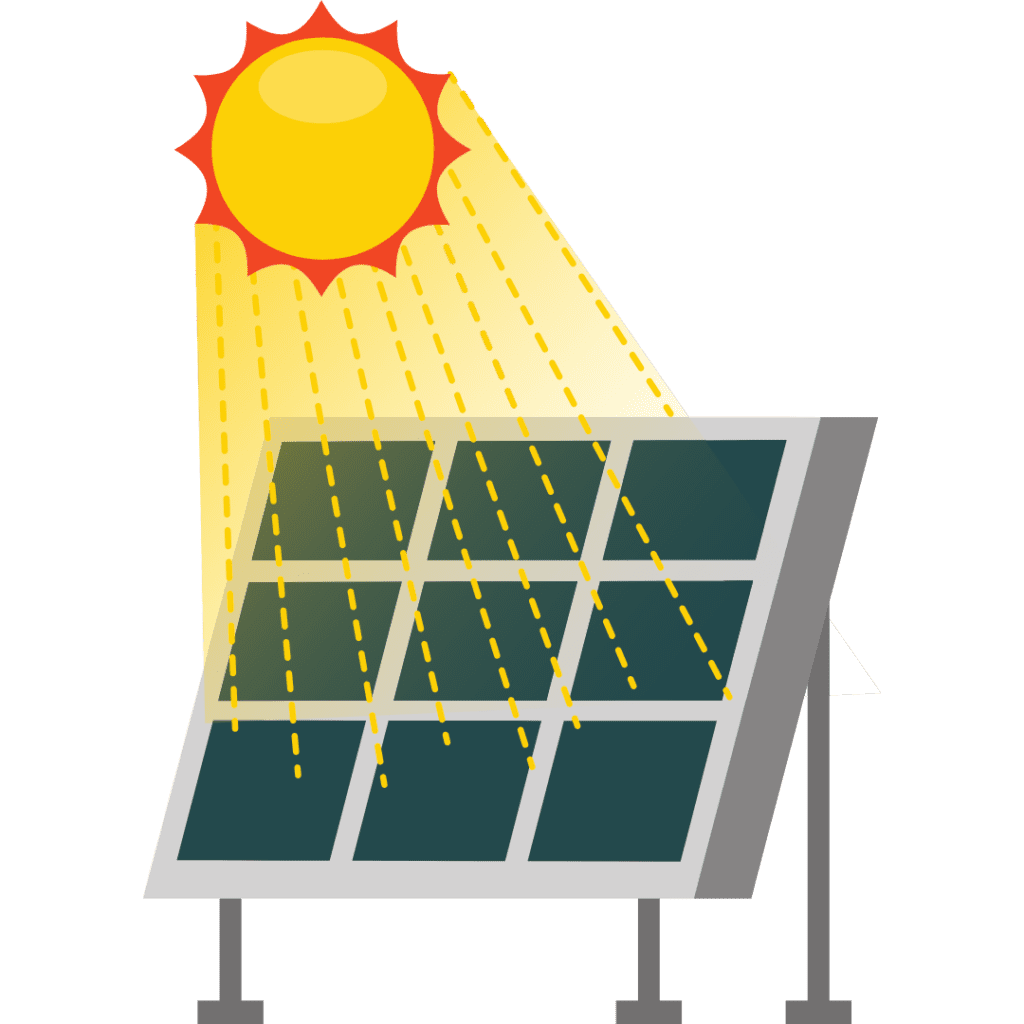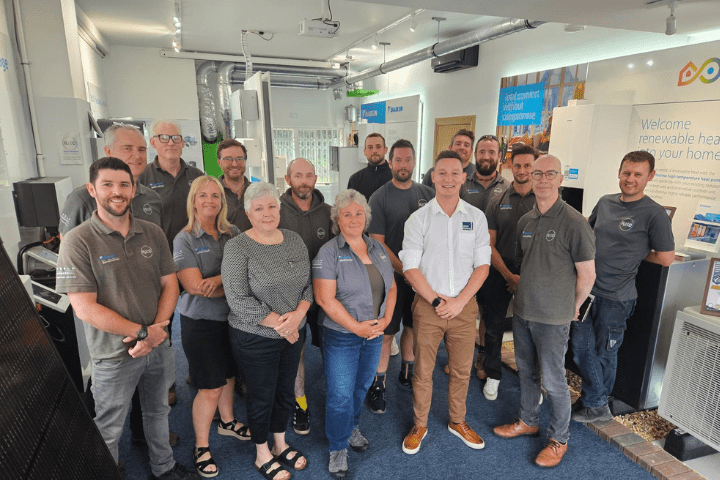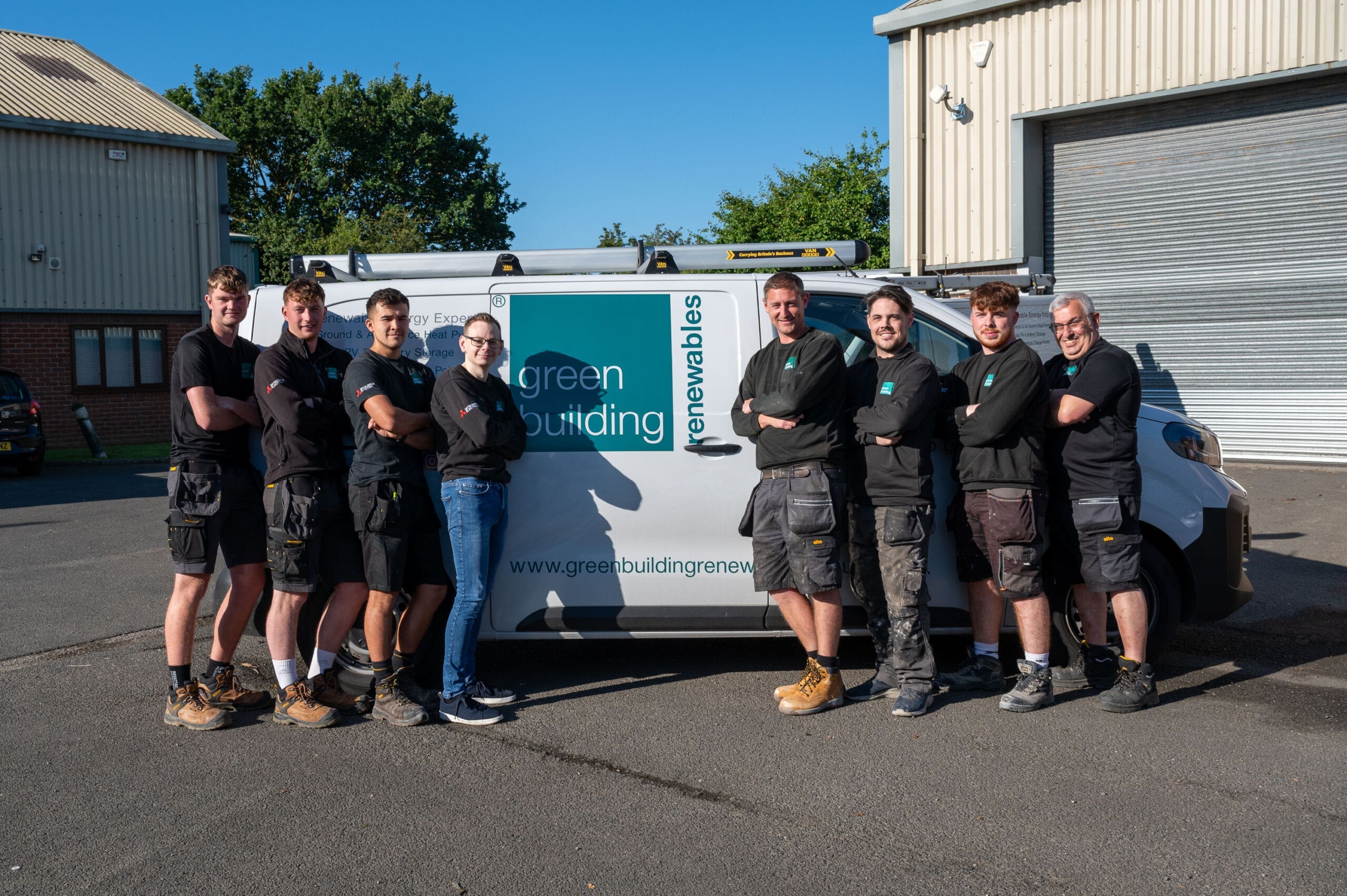The 10 Most Important Questions You Should Ask About Solar Panels

As a homeowner, the decision to add solar technology to your property is a big one. Many factors need to be considered, such as the financial aspect, roof orientation and installation processes amongst others.
To help, we have culminated a list of the top 10 most important questions you should be asking a solar panel installer throughout the process of turning your home into a renewable one.
Table of Contents

1. What is your warranty policy and how long will I be covered for?
Solar panels offer two types of warranty: manufacturer and workmanship. You must ask your installer what warranties you will be covered by and how long for. Homeowners should always get clarification on what warranty is being offered and what this includes, and this is one of the most important questions to ask.
2. What is the response time of installers should I have any problems with my system?
Many companies offer solar panel installations, but they usually don’t have local, regionalised manpower on the ground to complete the physical installations. For your peace of mind, it’s vital to learn how long the response time could be should there be any issues with your system. Always ask the company you go with what the response time would be should you have any problems.
3. How much will the solar panel installation cost including batteries?
It is quite common to see the price of a solar panel installation on a website, but this doesn’t always reveal the cost of batteries. Not everyone decides to install batteries with their solar systems on their property, but it’s worth looking into the advantages of having one, whilst getting a quote for the full price.
With battery storage, a 4kW solar PV system (around 10 – 12 panels) for example, could potentially take you fully off the grid in the summertime, reducing your vulnerability to energy price fluctuations. When asking for this cost, also ask for a detailed breakdown of all costs of the installation.
4. What will my payback period be?
One of the great things about solar panels is that the initial cost you spend on the installation will eventually pay for itself through the reduction in your energy bills. This can fluctuate depending on the size of the system at the property, so you must ask your installer this question to know when you can expect the panels to have paid for themselves. On average, this can take between 6 and 7 years.
However, with advancements in technology and manufacturing making the prices lower for solar panel installations, the payback period could potentially decrease, so always ask your supplier for full transparency.
5. How long will the solar installation take?
When inquiring about installing solar panels on your home, you will naturally want to know how long the entire process will take and what disruption there will be to your home. Make sure to ask your chosen provider how long the actual installation will take, from the first panel going up to the scaffolding coming down.
6. Do you have MCS and RECC qualifications?
You must choose a company with the correct qualifications, to make sure that you get both the best job done and to avoid any solar scams. A reputable company should be able to provide proof of their qualifications upon request. The two key accreditations you want to look out for with any solar panel installer are MCS and RECC.
7. Can an EPC contribute to my getting a better rating?
Firstly, we should say that you don’t need an EPC to get solar panels installed. However, it’s worth discussing with your installation company to see if getting an EPC can improve the rating you get, reducing your bills even further. Make sure to ask this question at the beginning of your installation process.
8. Are there any government incentives to help with the initial cost of installation?
The government often offer incentives to encourage the adoption of solar energy, so make sure to check before you go ahead with an installation. These incentives can significantly reduce the upfront cost of installation and make solar panels more financially feasible for homeowners. Asking about the available incentives from your chosen installer ensures you can take full advantage of any financial assistance programs to make sure you’re getting the best deal. In the UK, the current incentive is the Smart Export Guarantee, which pays you for exporting solar energy back to the grid.
9. Will the direction my roof is facing affect the efficiency of the panels?
One of the most popular questions we are asked is “Is the UK sunny enough for solar panels?” and the answer is yes. Solar panels are designed to harness the power of sunlight, not heat, which means they continue to generate electricity even on cloudy days. While they are more efficient in direct sunlight, they are far from non-functional in less sunny conditions.
However, assessing how your roof’s direction will affect panel efficiency helps to understand the potential energy output and financial return on investment, so it is a vital question to ask. The best orientation is a south-facing roof, but east-to-west roofs also work well. Asking this question ensures that you’re getting the best advice from your chosen installer as if there are trees or other barriers around your home, a workaround may be needed. Or, it may be the case that the roof might not be suitable.
10. Does the final cost include everything from installation to aftercare services?
This question is crucial for understanding the full financial commitment associated with solar panel ownership and makes sure you aren’t hit with any surprise costs along the way.
Some aftercare services may include troubleshooting, and repairs, so understanding whether these services are included in the final cost helps homeowners plan for future expenses and maintenance schedules. This question will also give you peace of mind knowing that your provider will offer support beyond the initial installation.
If you are interested in investing in solar panels, contact our expert team today for a personalised, free, no-obligation quote.



